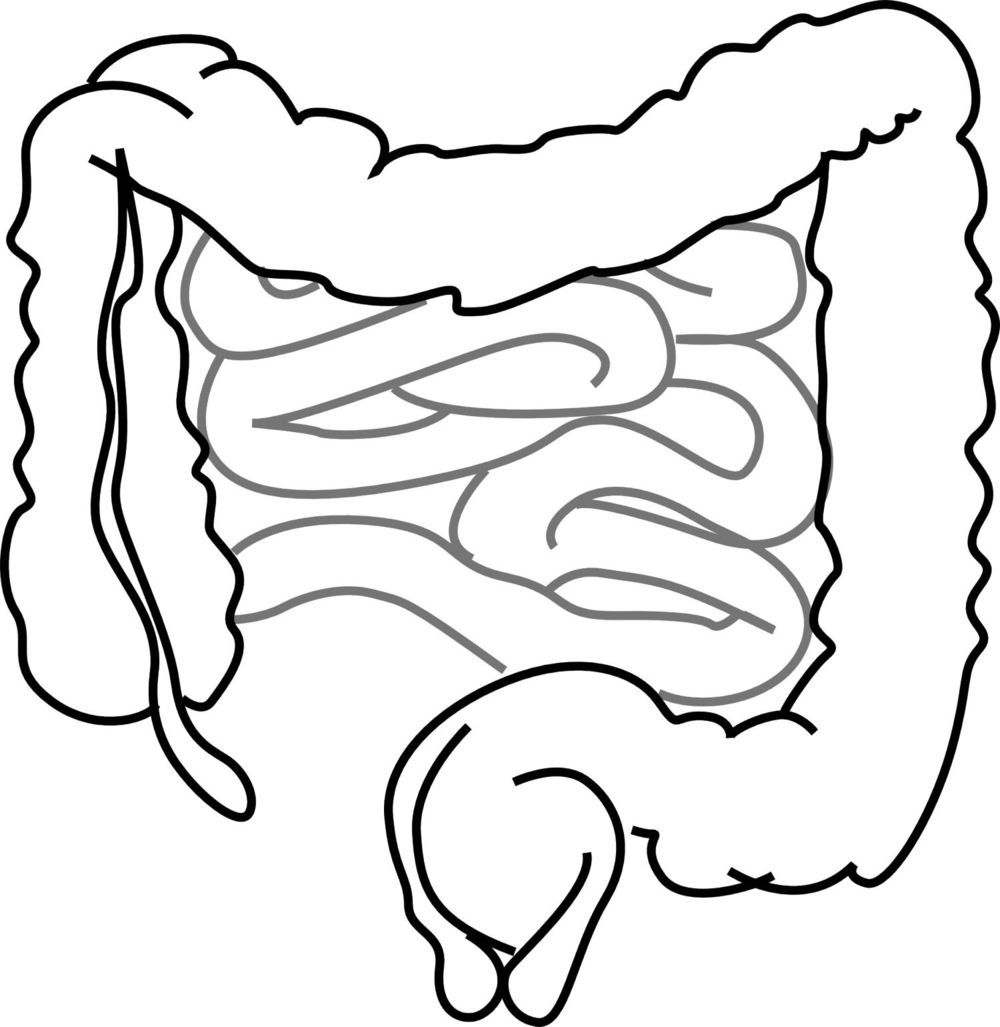Through early adulthood, exposure to new experiences—like learning to drive a car or memorizing information for an exam—triggers change in the human brain, re-wiring neural pathways to imprint memories and modify behavior. Similar to humans, the behavior of Florida carpenter ants is not set in stone—their roles, whether it is protecting the colony or foraging for food, are determined by signals from the physical and social environment early in their life. But questions remain about how long they are vulnerable to epigenetic changes and what pathways govern social behavior in ants.
Now, a team led by researchers in the Perelman School of Medicine at the University of Pennsylvania discovered that a protein called CoRest, a neural repressor that is also found in humans, plays a central role in determining the social behavior of ants. The results, published today in Molecular Cell, also revealed that worker ants called Majors, known as “brawny” soldiers that protect colonies, can be reprogrammed to perform the foraging role—generally reserved for their sisters, the Minor ants—up to five days after they emerge as an adult ant. However, the reprogramming is ineffective at the 10-day mark, revealing how narrow the window of epigenetic plasticity is in ants.
“How behavior becomes established in humans is deeply fascinating—we know it’s quite plastic especially during childhood and early adolescence—however, of course, we cannot study or manipulate this experimentally,” said the study’s senior author Shelley Berger, Ph.D., the Daniel S. Och University Professor in the departments of Cell and Developmental Biology and Biology, and director of the Penn Epigenetics Institute. “Ants, with their complex societies and behavior, and similar plasticity, provide a wonderful laboratory model to understand the underlying mechanisms and pathways.



